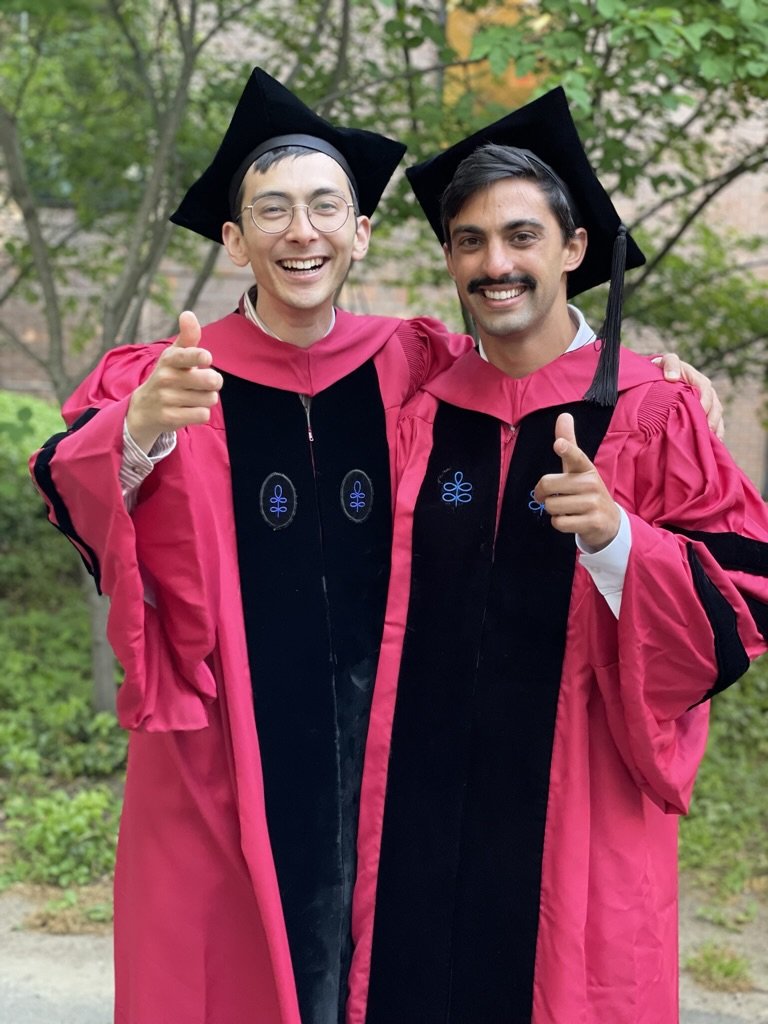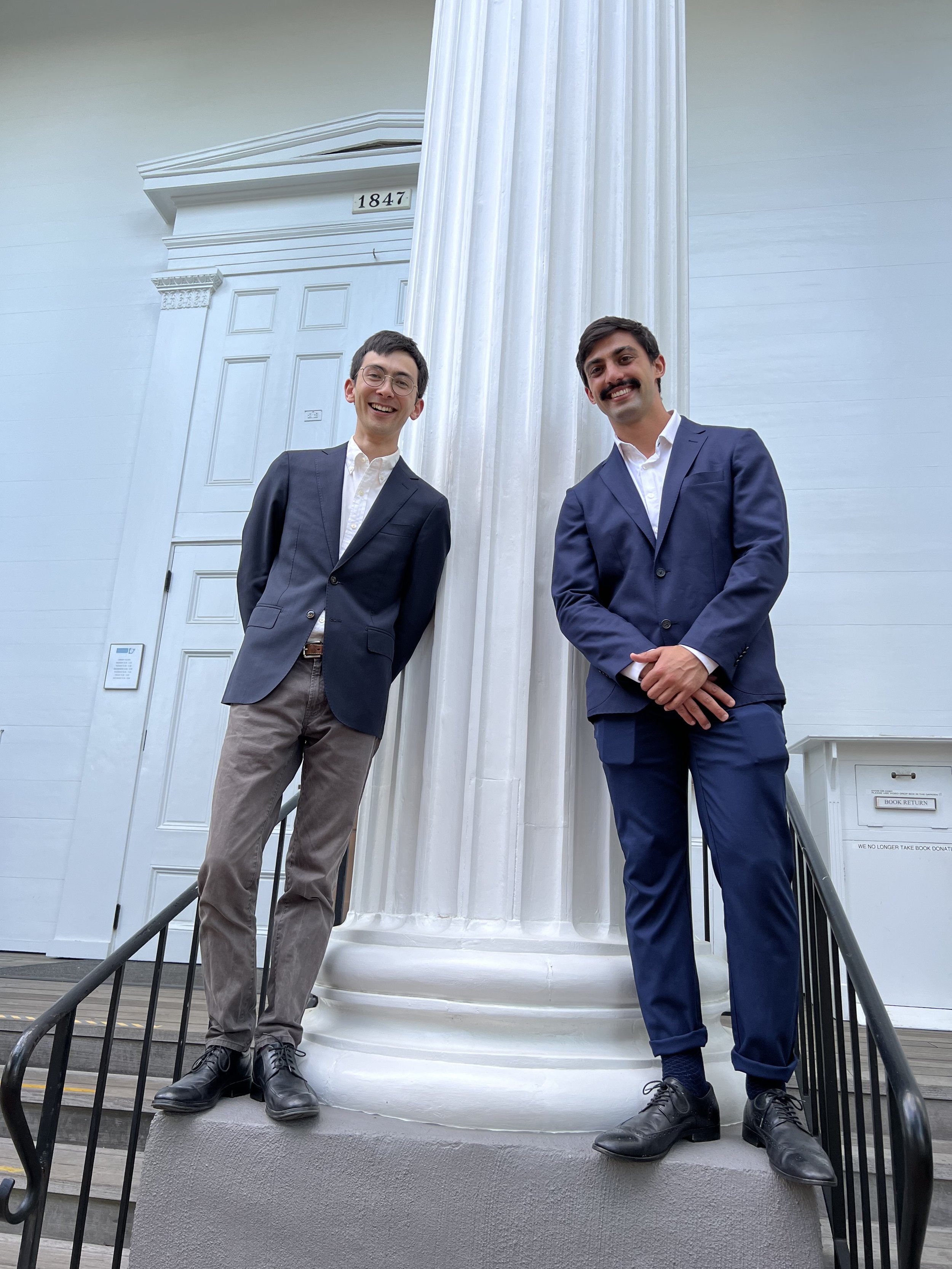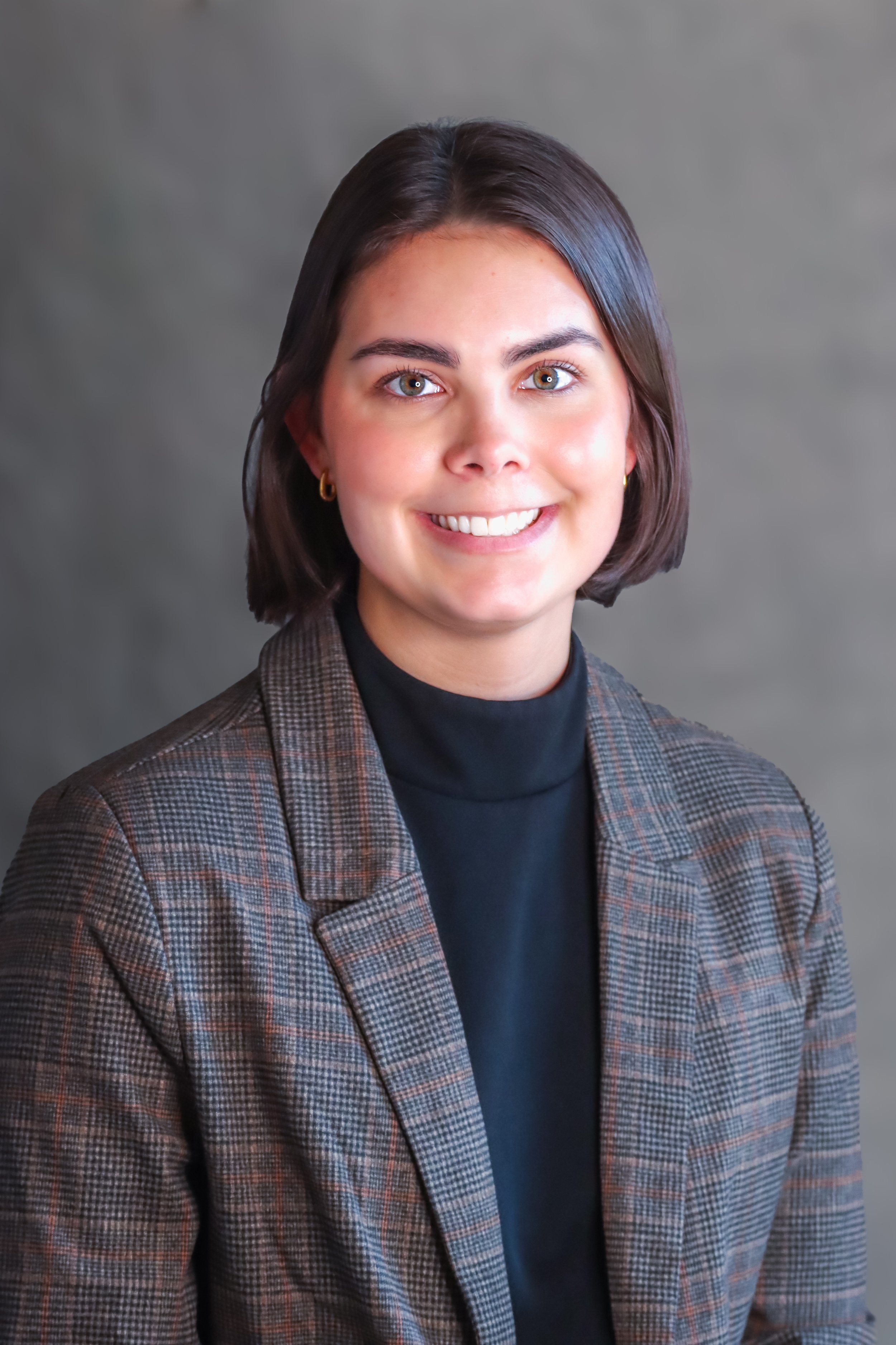Who We Are
Ben and Jacob met while earning their PhDs at Harvard University in the department of Organismic and Evolutionary Biology. Ben studied the genetic and ecological drivers of evolution in the wildflower genus Phlox. Ben is currently the Higher Education & Laboratory Coordinator at Harvard Forest. Jacob is a classically trained botanist, and studies how plants construct their bodies, how they function, and how they have evolved across deep time. His primary research focuses on the ferns. Jacob is currently an Assistant Professor at the University of Tennessee, Knoxville. In 2020, Jacob and Ben started Let’s Botanize – an educational non-profit using plant life to teach about ecology, evolution, and biodiversity. Their goal is to democratize the study of plant biology by creating accessible and entertaining content, without compromising scientific rigor.
Meet the Team
-
Jacob Suissa, PhD
CO-FOUNDER/DIRECTOR
I grew up romping around the humid wetlands of Maryland. While I didn’t know it at the time, my passion for plants had already germinated. I migrated to New England where I completed my B.S. in Plant Biology at The University of Vermont, and then my Ph.D. in Evolutionary Biology at Harvard University. As a classically trained botanist and evolutionary biologist, I ask how plants build their bodies, how they function, and how they have evolved across time. Given their impressive diversity and long evolutionary history, I focus group on the ferns. In addition to my research, I am passionate about outreach, education, art, and creating a more equitable and inclusive field of science.
-
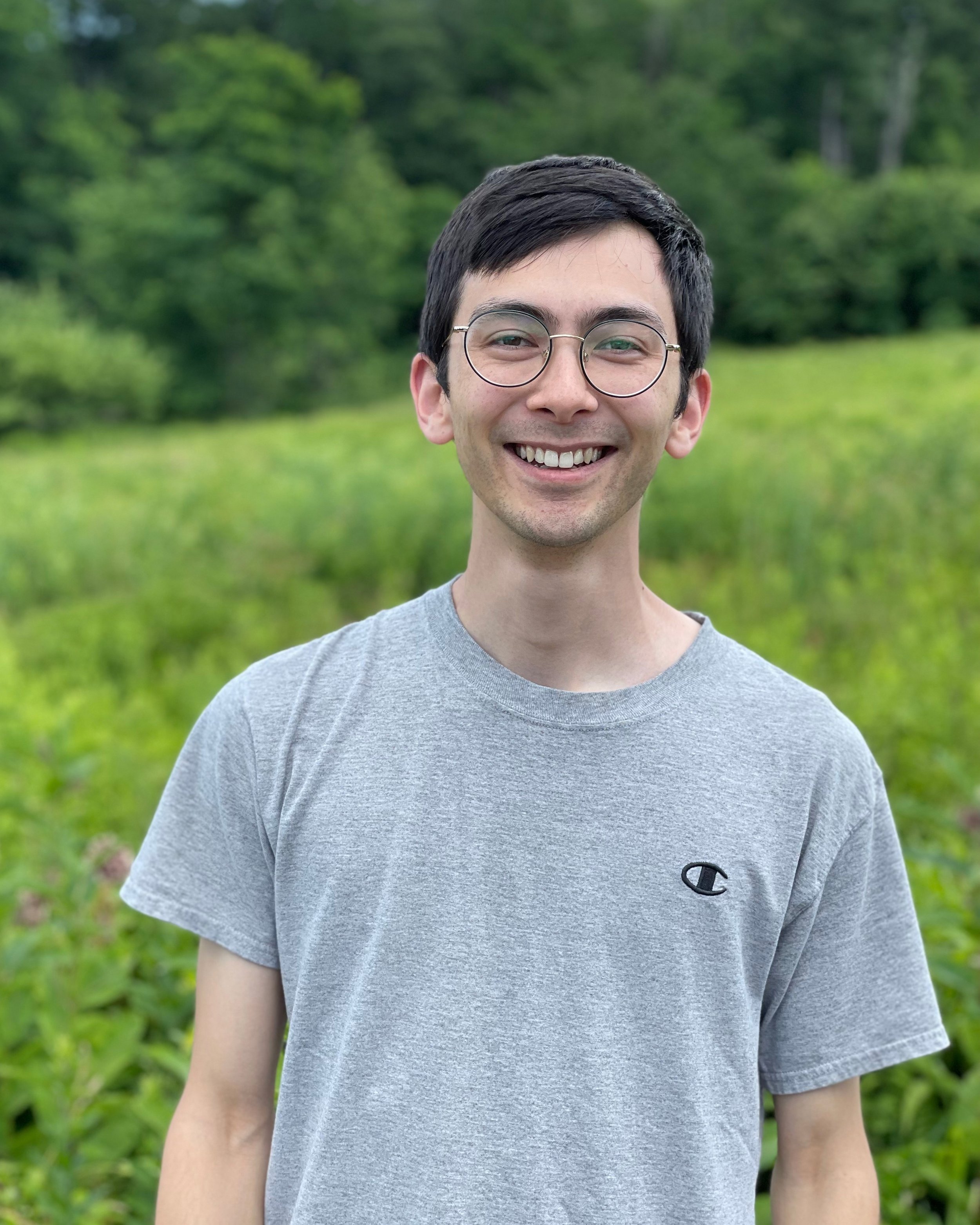
Ben Goulet-Scott, PhD
CO-FOUNDER/DIRECTOR
I am a curious naturalist raised in the forests of the northeastern US (New Jersey and Massachusetts), where I learned to fish, birdwatch, and identify plants. I studied Ecology and Evolutionary Biology as an undergraduate at the University of Rochester before earning my Ph.D. in Evolutionary Biology at Harvard University. During graduate school, I discovered that the abundance and importance of plants makes them an ideal focal group to combine my passions for research, conservation, and environmental education. I currently design and manage higher education programming at Harvard Forest, and I also serve on the board of directors for the Mamoní Valley Preserve in Panama.
-
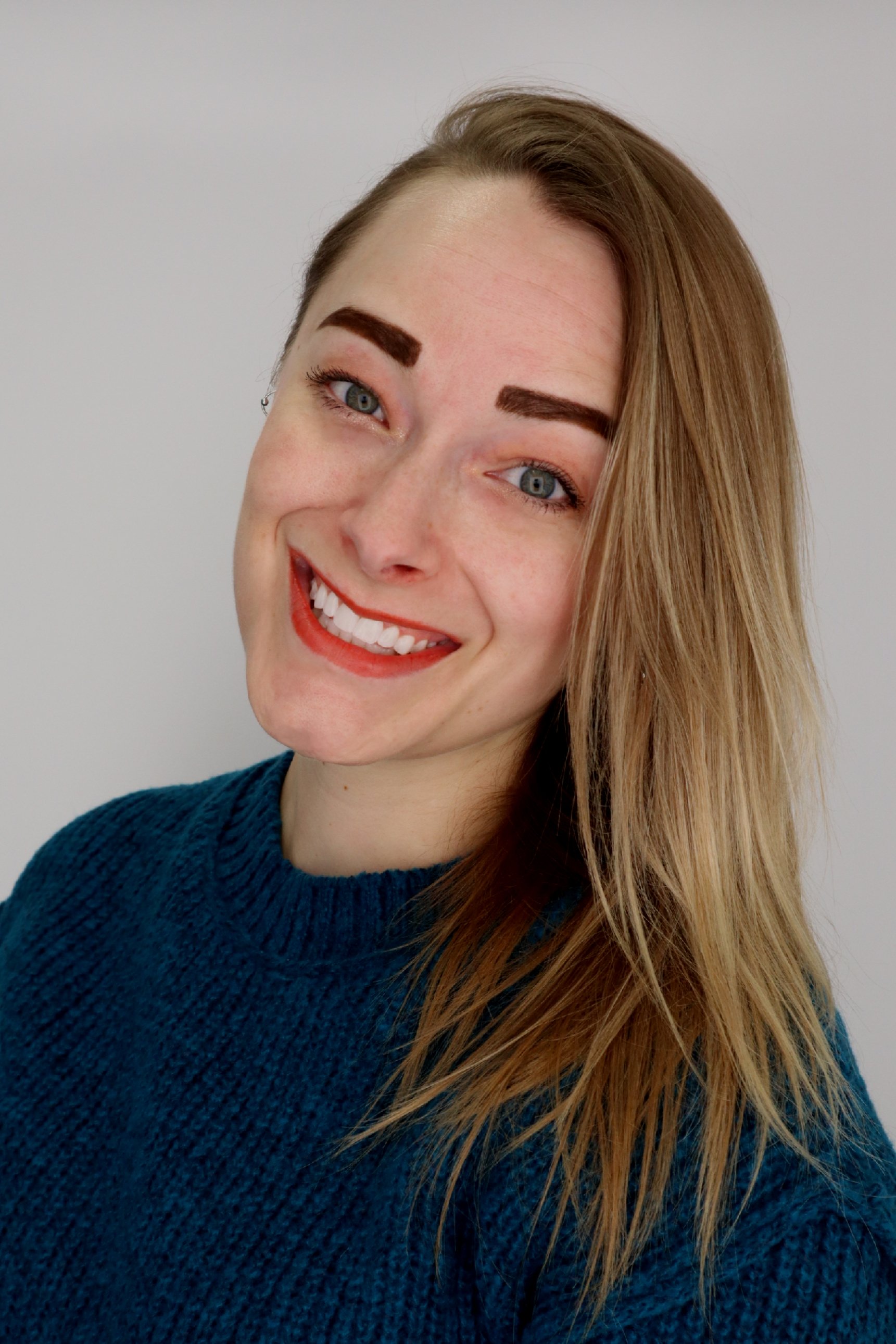
Ash Heim, PhD
DIRECTOR OF EDUCATION RESEARCH
I grew up in the beautiful outdoors of New Hampshire, exploring the White Mountains, coastline, and the forest in my own backyard. I loved all things nature and was especially enamored with all the critters I found. I earned my B.A. in Zoology from the University of New Hampshire, then traveled cross-country to earn my M.S. in Zoology from Colorado State University. While at CSU I realized my passion for teaching, thus beginning my journey in Discipline-Based Education Research (or DBER)! I earned my Ph.D. in Biological Education from the University of Northern Colorado, where my dissertation work focused on comparing and quantifying learner-centeredness in undergraduate biology classrooms, as well as how undergraduates learn biology in informal settings like zoos. I also have myriad interests within biology education research, including assessment of biology undergraduates’ critical thinking, development of pedagogical tools focused on learner-centeredness and inclusive teaching, and evaluating the effectiveness of social media as a venue for science learning. Read more on my website.
-

Eric Ossola, MBA
DIRECTOR OF FUNDRAISING AND DEVELOPMENT
I consider myself a lifelong learner. Spending nearly all of my summers in the Northeast Kingdom of Vermont has cultivated my passion for plants. Let's Botanize has taken this passion and directed it towards combating the climate and biodiversity crises. I received a BA in History and Classics from George Washington University, an MA in Terrorism, Security and Society from King’s College London, and an MBA in Finance from the University of Southern California. I’ve worked at financial institutions including Cambridge Associates and Goldman Sachs, and currently serve as a Principal at venture firm Red Cell Partners. As a director of Let’s Botanize, I leverage my knowledge in fundraising and development to raise money for plant education.
-

Sylvia Kinosian, PhD
DIRECTOR OF STRATEGY
My interest in plants started when I was an undergraduate studying forestry at the University of Vermont. I grew up hiking and canoeing in the Adirondack Mountains of New York State and initially wanted to pursue a career in land management. However, I became more excited about plant identification, ecology, and ultimately how processes of evolution shape biodiversity. I completed my PhD at Utah State University studying fern systematics and population genetics. I'm currently a postdoctoral fellow at the University of Arizona working to better understand the evolution and structure of fern genomes. Let's Botanize is a way for me to share my interest in plants with the public, and I hope it helps more people enjoy the beauty of our natural world.
Science Communication Interns
-
Lydia Uptain—Spring 2025
My name is Lydia Uptain and I’m a junior majoring in Cellular and Molecular Biology and Biochemistry at the University of North Alabama. I have a deep passion for science, science communication and helping to spread knowledge about scientific concepts to people who are not immersed in the field. I also love learning about plants and their biochemical and molecular intricacies that are so different from those of other organisms. I’m super excited to learn more about plants, science communication, and work on things that I am passionate about through this opportunity!
-

Cruz Gouveia—Spring 2025
My name is Cruz Gouveia and I am a senior studying at the University of Tennessee, Knoxville. I will be graduating with my major in Ecology and Evolutionary Biology, and my minor in Honors Leadership Studies. My academic areas of interest revolve around botany, mycology, climate biology, and specimen collections research. I have worked at the TENN Herbarium for over two years, working on projects such as the GLOBAL Bryophyte & Lichen TCN Project and reintegration of the (ETSU) John C. Warden Herbarium. As of recently, science communication has become an integral part of my personal goals. My passion and desire to communicate the logistics, execution, and significance of ecological research has rooted itself in my post-graduation career path.


